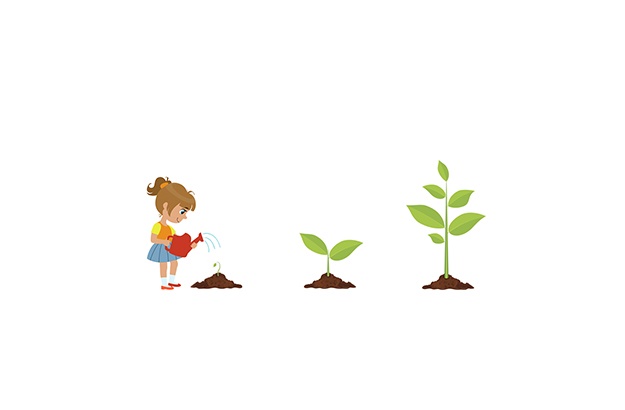
Kindness is the quality of being friendly, thoughtful, nice to others – a fluffy, “kumbaya” way of life that we don’t often focus on teaching our kids, but hope they’ll embrace anyway.
We all want kids who’ll share on the playground, help an old lady across the street and climb a tree to get her kitten down. But that’s all rather cliché, the kind of kindness you’d probably only see in a really old movie.
Being kind to one another though is something you can actually teach your kids to understand, even in the words they use and things they say.
To quote the late, great, Albus Dumbledore:
"Words are, in my not so humble opinion, our most inexhaustible source of magic, capable of both inflicting injury and remedying it."
So perhaps, at the most elementary of levels, we should be teaching our kids that the pen really is mightier than the sword, to be more mindful of the things they say and how they say them. And that they should always, always, be kind.
3 November is World Kindness Day, and we’ve put together 3 ways to demonstrate the importance of kindness to kids in the video above, all focusing on the things we say to others.
Watch the video and scroll down for an explanation of each experiment to try with your kids.
1. The things we say will always have some kind of effect on others
Fill a bowl with water and gather different kinds of flowers. Begin by placing the flowers on the surface of the water. Although they probably won’t sink, each will make a ripple in the water and some ripples will probably be greater than others.
Explain to your kids that, no matter what they say, even if it’s a small comment, one that seemingly won’t hurt anyone’s feelings, much like the ripple in the water, it will either move them or shake them, but it will always affect them.
2. Some things hurt more than others
Gather cotton balls and for the second part of this experiment, sandpaper. Have them feel the cotton balls, rub it on their skin and then describe how it feels. They’ll probably use words like “soft”, “light”, “fluffy” and maybe even “nice”.
Then have them repeat the action with the sandpaper. They may describe it as “sharp”, “poking”, “hard” and perhaps, “painful and sore”.
Now explain to them that the words we use can have the same affect on people. Explain that different words and things we say can be nice and make us feel similar to the way we did when we rubbed the cotton balls on our skin. But like the scratchy, hard, pokey sandpaper, some words can also really, really hurt.
3. No matter what you say, you can never take it back
Finally, have them press all the toothpaste out of the tube. They’ll really enjoy doing this until you tell them to put it all back in. They’ll struggle and probably get frustrated!
Then explain that the things we say will always affect others, and while nicer, kinder words will make one feel good, others can really, really hurt. But one thing’s for sure, we’ll never be able to take them back after they’ve been said.
In a world where you can be anything, be kind.
How have you taught kindness and the importance of being kind to your kids? Tell us by emailing chatback@parent24.com and we may publish your comments.
Read more:
- How this teen boy came to the rescue of a young girl who got her first period on the bus
- Game for Humanity: spreading positivity one card at a time
- Boy empties piggy bank for vandalised mosque




 Publications
Publications
 Partners
Partners










